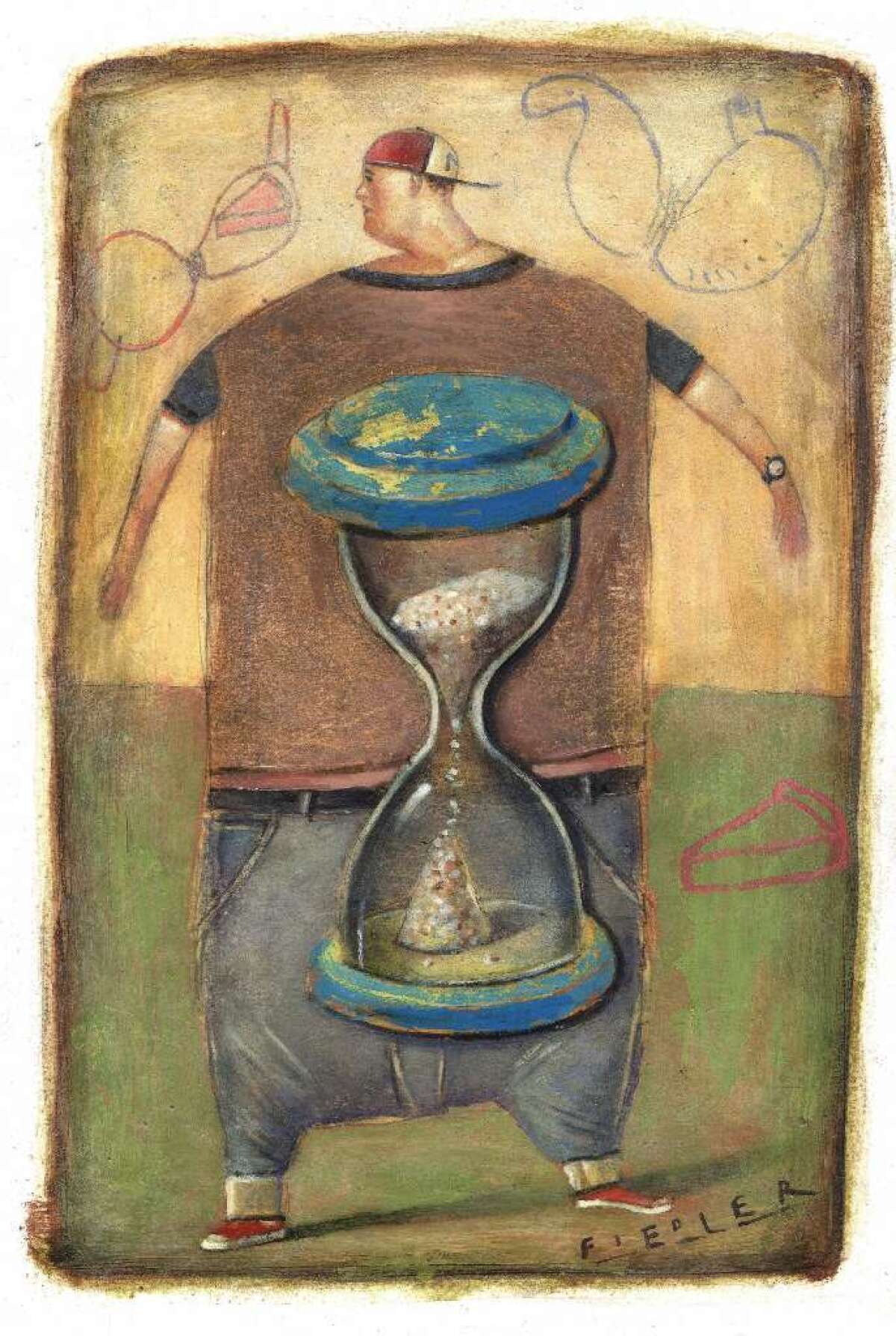Weight-loss surgery as fountain of youth? For some patients, yes

The weight loss that follows a successful bariatric surgery makes most patients feel younger. But a new study suggests that following bariatric surgery, some patients show signs of being biologically younger, as well.
At Stanford University, researchers looked for evidence of change in bariatric surgery patients by measuring their telomeres -- regions of repeating DNA sequences at the end of a chromosome that grow a little shorter with age and chronic illness. Telomeres are considered a biomarker of the aging process.
In a group of 51 patients, the latest study found that 12 months after bariatric surgery, telomeres lengthened significantly in those who had the highest pre-surgery levels of LDL cholesterol--a robust predictor of heart disease risk--and in those with the highest pre-surgery levels of C-reactive protein--a sign of inflammation throughout the body.
The new research was presented Friday in Atlanta, at the annual meeting of the American Society for Metabolic and Bariatric Surgery. The lead author of the study--which is considered preliminary since it has not yet been published--is Dr. John Morton, a professor of surgery at Stanford University Medical Center. Morton is president-elect of the profession society for weight-loss surgeons.
The telomere-lengthening effect was not evident in the overall group of patients, despite an average loss of 71% of excess weight and a fourfold decline in the group’s fasting insulin levels a year after surgery.
But among those with high pre-surgery levels of “bad” cholesterol and evidence of widespread inflammation, the changes were large enough that they could not be attributed to chance. The reversal of telomere length also tracked with the extent to which a patient’s LDL cholesterol levels and C-reactive protein levels declined in the wake of surgery. The more those measures declined following surgery, the greater the lengthening effect on a patient’s telomeres.
The average age of the 51 subjects in the study was roughly 49, and just over three-quarters were women. Before surgery, the group’s average body-mass index was 44.
“Obesity has an adverse effect on health, causes premature aging, and reduces life expectancy,” said Morton. When an individual’s telomeres get longer, it’s a good bet, he said, that his or her likelihood of developing diseases associated with aging--including diabetes, heart and respiratory diseases and certain kinds of cancer--declines.
Morton suggested that patients with high cholesterol and high levels of inflammation may have been “most receptive” to the anti-aging effects of weight loss and other changes brought about by the surgery.
“It may be that the squeaky wheel gets the oil,” he said--that patients who are at highest risk of disease see the greatest benefits from surgical weight loss.
In an interview, Morton said that he is interested in exploring whether bariatric surgery may affect other problems of aging, such as cognitive decline. In early efforts to measure such changes, he said, “we’ve actually seen changes in people’s ability to think and process” in the wake of weight-loss surgery, which he called “unique” in its potentially far-reaching effects.







